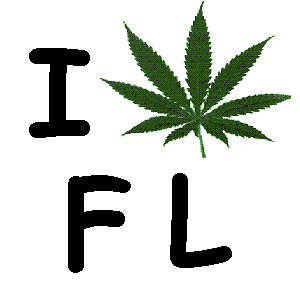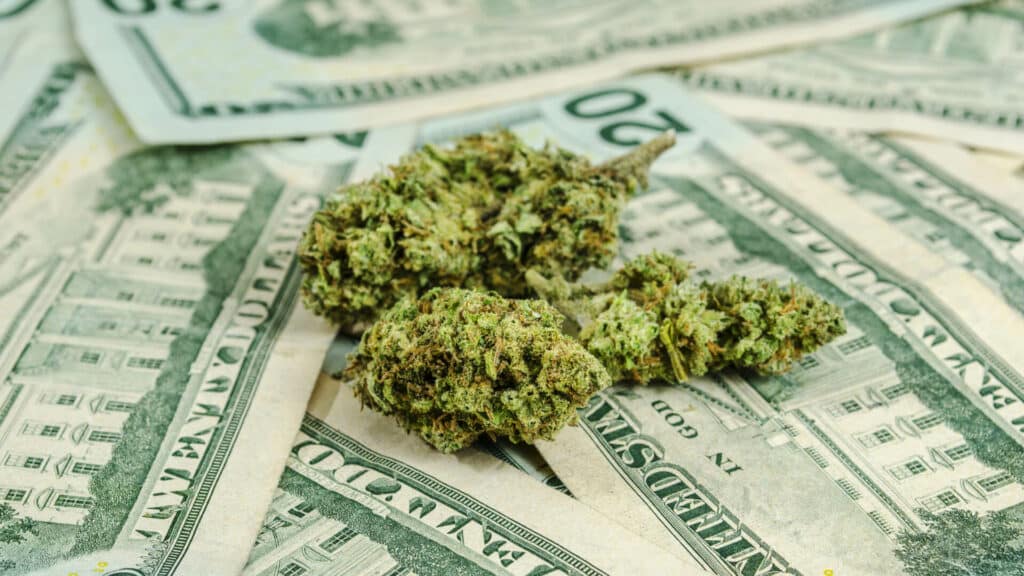 By Danielle Keane, NORML Political Director
By Danielle Keane, NORML Political Director
Local governments in Florida are taking marijuana law reform into their own hands by adopting marijuana decriminalization ordinances as an alternative to more severe state sanctions.
We first wrote about this trend in July when Florida’s largest county, Miami-Dade, passed an ordinance allowing local law enforcement to treat marijuana possession offenses involving 20 grams or less as a civil infraction, punishable by a $100 fine.
Many other communities have followed suit. City commissioners in Miami Beach imposed a similar policy in July; authorities in Hallandale Beach acted likewise last week.
Key West City City officials are poised to finalize a similar measure in September while lawmakers in Palm Beach County are considering taking similar action. Decriminalization is also gaining momentum among lawmakers in the city of St. Petersburg.
These changes to local laws are especially significant in Florida, where state lawmakers have failed to even consider amending its archaic and overly punitive marijuana policies. Consequently, Florida possesses the third highest annual marijuana possession arrest total (roughly 60,000 arrests per year) in the nation.
But that may soon change. Advocates, including Florida NORML, are pushing a 2016, ballot initiative aimed at legalizing the adult use of marijuana, while a separate measure to amend the state’s medical marijuana laws is also expected to be decided by voters (in 2014 the measure narrowly failed to meet the state’s 60% vote requirement). According to a Quinnipiac poll conducted last year, 88% of Florida residents support legalizing marijuana for medical use and 55% of residents support legalizing the possession of small amounts of recreational marijuana.
It’s clear that Florida residents are fed up with policies that treat those who possess marijuana as criminals and are looking to their local governments to lead the way in reforming these policies. NORML encourages you to contact your local city commissioners and urge them to consider adopting decriminalization policies in your communities.
Source: NORML - make a donation




